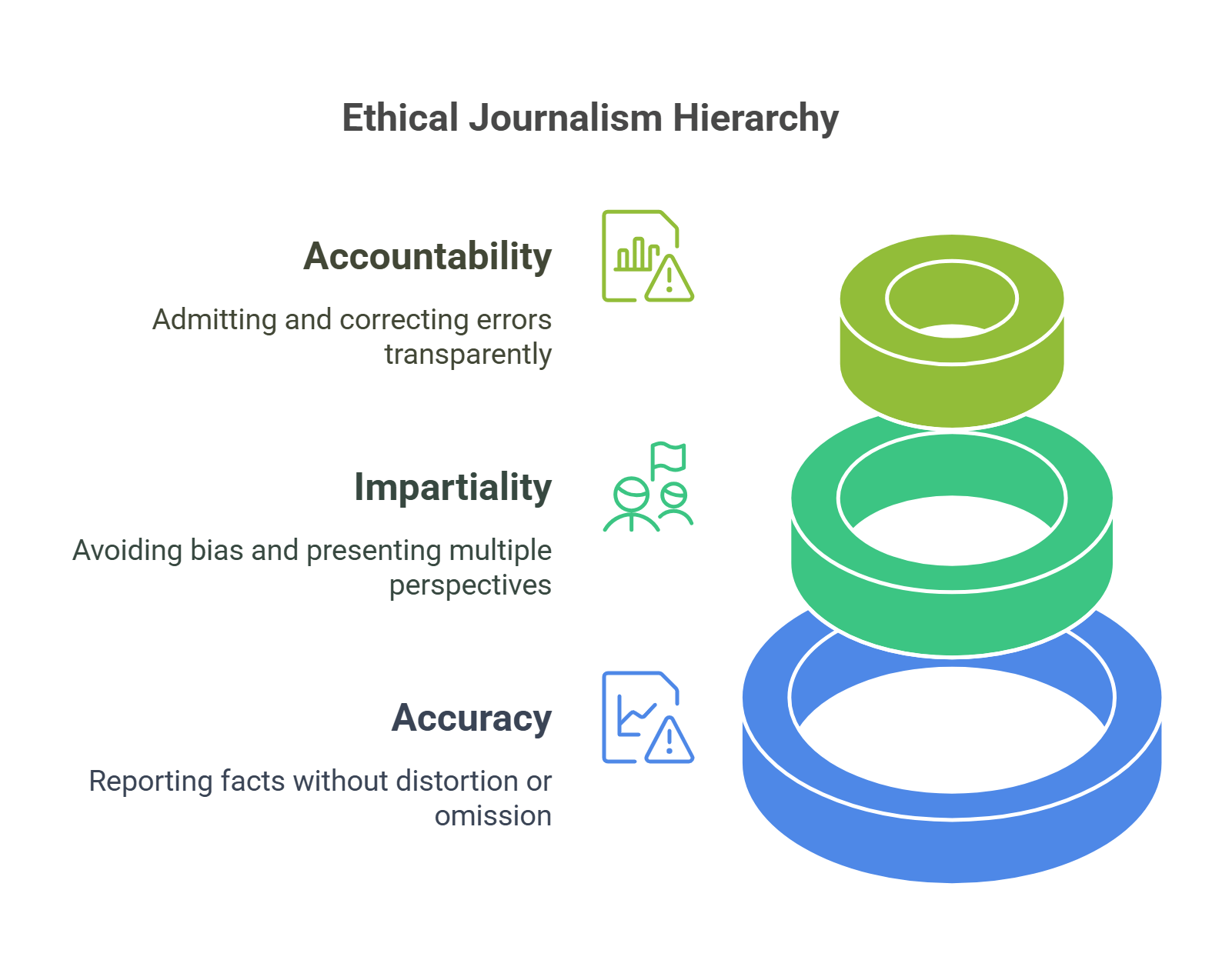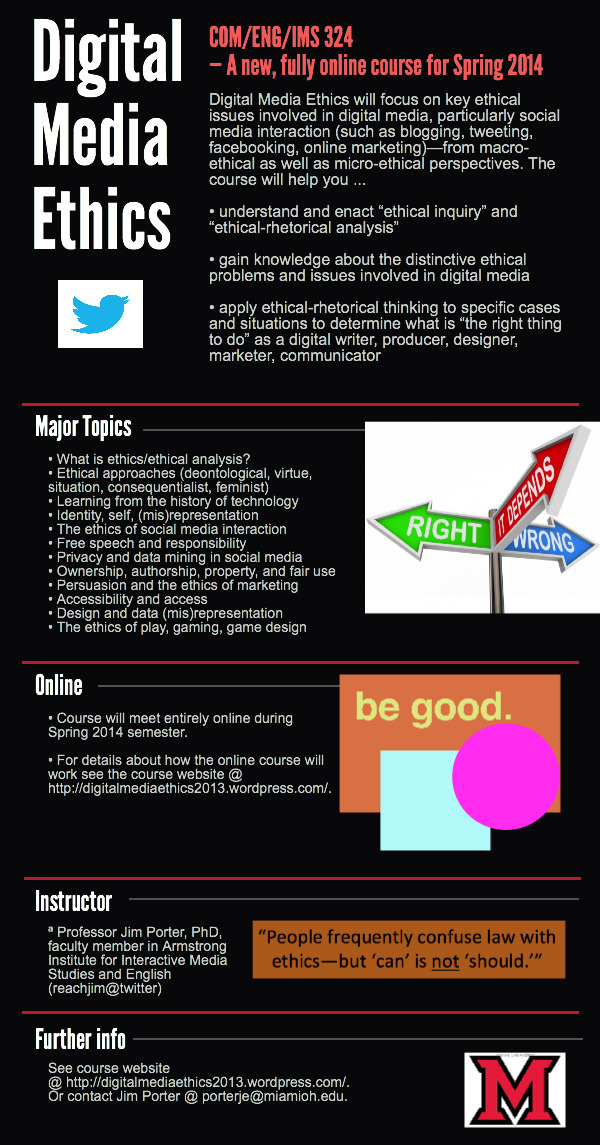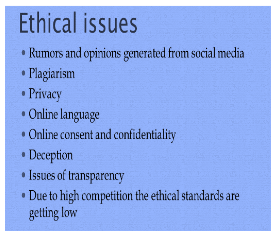Media Ethics in Horse Industry Reporting

Media ethics in the horse industry is a critical topic that addresses the responsibilities and challenges faced by journalists, bloggers, and content creators when covering equine-related news and stories. Ethical reporting ensures accuracy, fairness, and respect for the animals, industry stakeholders, and the audience.
Key Principles of Media Ethics in Horse Industry Reporting

| Principle | Description |
|---|---|
| Accuracy | Ensuring all facts about horses, events, and industry practices are verified and truthful. |
| Fairness | Providing balanced coverage without bias towards any party or viewpoint. |
| Respect for Animals | Avoiding sensationalism that could harm the reputation or welfare of horses. |
| Transparency | Disclosing conflicts of interest, sponsorships, or affiliations that may influence reporting. |
| Privacy | Respecting the privacy of individuals and organizations involved in the horse industry. |
Challenges in Reporting
- Sensationalism: Avoiding exaggerated or misleading headlines that can misinform the public.
- Conflicts of Interest: Navigating relationships with sponsors, trainers, or breeders that may affect impartiality.
- Animal Welfare Concerns: Reporting responsibly on issues like abuse, neglect, or controversial training methods.
- Complexity of Industry: Understanding the technical aspects of horse care, breeding, and competition to provide informed coverage.
Best Practices for Ethical Reporting
- Research Thoroughly: Use credible sources and verify information before publication.
- Use Clear Language: Avoid jargon to make content accessible to a broad audience.
- Include Multiple Perspectives: Interview various stakeholders such as veterinarians, trainers, and animal rights advocates.
- Highlight Welfare Issues: Bring attention to ethical treatment and promote positive industry standards.
- Correct Mistakes Promptly: Issue corrections or clarifications when errors are identified.
FAQ
Q1: Why is media ethics important in the horse industry?
A1: Ethical media coverage helps protect the welfare of horses, maintains public trust, and supports the integrity of the industry.
Q2: How can reporters avoid bias?
A2: By presenting balanced viewpoints, disclosing any affiliations, and fact-checking all information.
Q3: What should be done if unethical practices are discovered?
A3: Reporters should investigate thoroughly, report responsibly, and avoid sensationalism while highlighting the issue.
Q4: How does transparency benefit horse industry reporting?
A4: Transparency builds credibility with the audience and ensures accountability in journalism.
This expanded content aims to provide a well-rounded understanding of media ethics specific to horse industry reporting, making it useful for journalists, industry professionals, and enthusiasts alike.
